Welcome back to Wall Power, where we’re getting the final push on announcements for
the May sales. I’m Marion Maneker.
The world may be teetering on the brink of financial ruination, but the art market seems to have found a new burst of optimism. Tonight, I have the backstory on three important consignments—with a combined estimated value of $136 million—that will be sold the week of May 12.
Before we get there, Julie Davich is off to Chicago tomorrow for Expo. If you have any tips for her on what to see, where to go, or who to
talk to, send them to JDavich@puck.news. And, if you see her there, be sure to say hello.
|
|
|
A MESSAGE FROM OUR SPONSOR
|
At the intersection of artistry and innovation lies Nudo, Pomellato’s most iconic creation. Each
Nudo piece is a miniature masterpiece, where design creativity, expert craftsmanship, and gemstone mastery meet. The Nudo High Jewelry collection embodies Pomellato’s unique vision of precious jewelry, combining the collection’s signature lightness and wearability with new levels of creativity and craftsmanship.
LEARN MORE
|
|
|
- Democracy made pretty: Taryn Simon is showing new work that “follows the political vapor trail of the 2024 presidential elections.” On view at Gagosian’s intimate Park Avenue and 75th Street location, the show consists of a back room of photographic images from the campaigns, including the cat mistakenly said to have been eaten by Haitian
immigrants, a chorus of McDonald’s french fries from Trump’s viral photo op, Representative Jasmine Crockett’s eyelashes, and a SpaceX rocket in mid-launch. Also on view is a reproduction of an Athenian Kleroterion, an ancient device used to randomly select citizens for public office. Commissioned by Storm King Art Center, the seductive machine is reproduced in cream-colored cast resin with colored chips that represent each potential officeholder.
Simon’s family has a history in the arcade business. This stylized re-creation is a reminder that politics is anything but a game.
|
Fair
Warning’s $6M Picasso Work on Paper
|
Pablo Picasso, Man smoking a pipe (1971). Photo: Tom Powel Imaging
|
As we have discussed, there are not a lot of high-value paintings by
Picasso on the market these days. To address that, Loic Gouzer’s Fair Warning decided to go after what he believes to be one of the finest examples of the artist’s late-career images of a Man smoking a pipe, a recurring subject of Picasso’s final years. The work on paper, according to Gouzer, was the talk of Art Basel in Switzerland when it was last shown almost two decades ago. Now he has persuaded the owner to sell, with a $6 million estimate, on his
Fair Warning app on Thursday, May 15. The auction will be conducted by Jussi Pylkkänen.
I don’t know about you, but I would love to see Jussi auction something live again—let’s petition Gouzer to make it a live event somewhere. If you text me at 917.825.1391, or just hit reply to this newsletter, I’ll put it to him.
|
Sotheby’s
$70M Giacometti
|
Alberto Giacometti, Grand tête mince (Grande tête de Diego) (1955). Photo:
Courtesy of Sotheby’s
|
A work from Sheldon Solow’s vast collection will star in Sotheby’s
modern evening auction on May 13 with an estimate “in excess of $70 million.” Alberto Giacometti’s Grand tête mince depicts his brother Diego, a common subject for the artist, and was made for the Venice Biennale in 1956. From 1964 to 1980, it was on view at the Fondation Maeght, where Solow acquired it.
The bust is one of an edition of six. This particular cast was painted by Giacometti, which makes the work more desirable and unique. Two of the other casts in
the edition were sold at auction, according to ARTDAI’s database—one for $53 million in 2010, and another for $50 million in 2013. It will be interesting to see whether prices for this body of work have moved 40 percent in the past dozen years. (As a reminder, much of Solow’s collection is housed in the Soloviev Foundation, parts of which are on view in a gallery at 9 West 57th. You can schedule tours here.)
Now let’s get to the main event…
|
|
|
Christie’s May sales will feature works from the collection that the
late art and ballet patron Anne Bass kept in a Fort Worth house designed by Paul Rudolph. That collection, with a combined estimate of $60 million, may make for some unexpected excitement in a quiet season.
|
|
|
It has taken a few years to unwind the vast holdings and art and property that
Anne Bass amassed during her lifetime. The art and ballet patron, who died in 2020, owned a palatial floor at 960 Fifth Avenue, which finally sold in January for $53.5 million. The art therein was sold at Christie’s three years ago for a total of $363 million, with a dozen lots including two Rothkos, a
Degas little dancer, and three extraordinary Monets, among other works.
Of course, Bass didn’t confine herself to Manhattan, no matter how grand and comfortable her residence. There was also the 1,000-acre farm in Litchfield County—once the site of a terrifying break-in where she, her companion, and her 2-year-old grandchild were held hostage overnight in an effort to extort a ransom. Bass also maintained, but rarely lived in, a palatial residence in Fort
Worth.
|
|
|
A MESSAGE FROM OUR SPONSOR
|
At the intersection of artistry and innovation lies Nudo, Pomellato’s most iconic creation. Each
Nudo piece is a miniature masterpiece, where design creativity, expert craftsmanship, and gemstone mastery meet. The Nudo High Jewelry collection embodies Pomellato’s unique vision of precious jewelry, combining the collection’s signature lightness and wearability with new levels of creativity and craftsmanship.
LEARN MORE
|
|
|
In England, the country homes of the aristocracy are famous; Blenheim Palace and
Chatsworth or Highclere Castle are defining statements on the wealth and taste of the ruling class. Piles like these exist in the United States, but are usually less well known or publicized. Mitchell and Emily Rales’s Glenstone was modeled on similar themes, but is more of a private museum. Newport is filled with grandiose “cottages,” but few are architecturally distinguished, and most have never been filled with important art. (Stephen
Schwarzman has had to backfill his Miramar project to bring the art up to a noteworthy level.)
Long before any of these projects took shape, Anne and her then husband, billionaire investor Sid Bass, commissioned one of the most prominent mid-century architects, Paul Rudolph, to design their Fort Worth home. “Working closely with Paul Rudolph,” Max Carter said in Christie’s press release, “the Basses imagined the
home they wished to live in, attending to the effortless flow and function of its rooms as carefully as the objects they would surround themselves with.”
Rudolph’s fame and stature are now diminished—the Met just tried to revive his reputation—but he was a groundbreaking architect in his day, serving as dean of the Yale School of
Architecture when Sid Bass was a student there. The Basses approached him about designing their home while still in their twenties. The result was a floating white steel-and-glass structure that is “Rudolph at his most lyrical, even dramatic, as well as his most refined,” the architectural critic Paul Goldberger wrote in the catalog. “It is a
house that, had it been better known, might have shifted the trajectory of Rudolph’s entire career.”
Rudolph also proposed that the landscaping and gardens surrounding the house be equally well conceived. He brought in Russell Page, who designed the gardens at the Frick and the extraordinary grounds of the PepsiCo headquarters in Westchester County, New York.
The Basses did not publicize their home. For 15 years, in fact, it remained unphotographed. But when the
couple famously divorced, in 1988, Anne kept the house in Fort Worth—and kept it up in pristine condition for nearly four decades, even though she used it less and less. Now, the art from the Paul Rudolph house will be sold at Christie’s during the May sales, with a combined estimate of $60 million.
|
Whither
the Rudolph House?
|
The sale will feature a Mark Rothko painting from the early 1950s,
No. 4 (Two Dominants) [Orange, Plum, Black], which is expected to be sold for more than $35 million. The work has a third-party guarantee—a signal of its quality and desirability at this moment in the market—but is the only one that is backstopped. These days it’s anybody’s guess what the right estimate is for a high-quality painting, but in this case, $35 million seems reasonable if not conservative.
|
|
|
Christie’s and Tobias Meyer, who is managing the sale for the Bass
family (as he did in ’22), have taken an equally conservative approach to other estimates. Frank Stella’s Itata, one of only nine works in the artist’s Notched V series, is estimated at $6 million. The most expensive of the series to be sold at auction was Ifafa I, from 1964, which made more than $15 million last year. Auction prices for Stella’s Protractor works are much lower, in the range of $2 million to $3 million; that leaves
Firuzabad III priced at $1 million.
|
Mark Rothko, No. 4 (Two Dominants) [Orange, Plum, Black] (1950-51) and Frank
Stella, Itata (1964), in the piano room of the Bass House. Photo: Martien Mulder
|
There’s a snowball mobile by Alexander Calder, titled
Gypsophila, from 1949, which is estimated at a healthy $6 million. (The artist’s Snow Flurry, from 1950, sold for $10.3 million in 2012.) Ellsworth Kelly’s massive 15-foot wide Blue Black Red, from 1964, is estimated at $4 million, but that price might just have to take into account the limited number of people who could possibly hang the work in their homes. Morris Louis’s Gamma Upsilon, from 1960, is estimated at $2 million,
which is pretty much in line with the top price of $2.9 million for a similar work achieved just two years ago.
Then there are two works by Agnes Martin that stood behind a grand piano in the Rudolph house: #11, from 1975, has a $3.5 million estimate, and #2, from the same year, has a $1.5 million estimate. These numbers reflect the selling prices of the few works from the 1970s that have sold at auction. Finally, there’s Gino
Severini’s Danseuse, from 1915-16, which reflects Anne Bass’s love of dance—she practiced ballet throughout her life—and is estimated at $1.5 million, as well as a few smaller, personal works that will be sold in a day sale.
The sale will be interesting to watch. Few of the works approach the name level recognition and pricing of what was sold in 2022. That said, in this quiet season, we’re suddenly seeing a shift in the narrative, which might make for
some unexpected excitement. Beyond the sale, the Bass Residence, as the Rudolph house in Fort Worth is known, is being thrust into the spotlight. What will become of it, especially now that it is being denuded of its art?
|
Sotheby’s Giacometti is a nice flex from Simon Shaw, who has handled
his transition from vice chairman to senior advisor these past five months with extraordinary equanimity. It also brings to mind the dispute between crypto king Justin Sun and legendary collector and impresario David Geffen over Giacometti’s Le Nez, which has flared up into public view again. Last week, Geffen’s lawyers filed their countersuit
in Manhattan federal court.
The filing doesn’t do much to clear up the mystery. Justin Sun says his art advisor confessed to stealing the Giacometti from him by sending it to Geffen. Geffen counters that Sun participated in the sale by providing a letter of indemnity to clear the work’s title. And, more to the point, Geffen says Sun took two paintings and $10.5 million in cash as payment for Le Nez, and is now just frustrated that his intermediaries have not been able to sell the
two works.
The missing piece to the whole story is the role played by those intermediaries, Los Angeles art dealer David Tunkl and his son, Cole. Presumably, the Tunkls had been orchestrating both ends of the transaction, facilitating the sale by taking the two paintings. The court papers are careful not to identify the works. And that, in itself, is an interesting detail. (Some dealer gossip suggests the works are the kind of postwar masterworks you
would expect Geffen to own.) Whose interests are Geffen’s lawyers protecting here?
The other detail I’ve been wondering about, which isn’t cleared up by Geffen’s filings: How did the $10.5 million cash that Geffen provided as part of the deal turn into $10.5 million in cryptocurrency that Sun says he received from his art advisor? I won’t hold my breath looking for answers. Geffen’s lawyers are pretty good. I’m not sure we’re going to get much more out of this lawsuit as
spectators.
On to other things. More tomorrow in the Inner Circle.
M
|
|
|
The ultimate fashion industry bible, offering incisive reportage on all aspects of the business and its biggest
players. Anchored by preeminent fashion journalist Lauren Sherman, Line Sheet also features veteran reporter Rachel Strugatz, who delivers unparalleled intel on what’s happening in the beauty industry, and Sarah Shapiro, a longtime retail strategist who writes about e-commerce, brick-and-mortar, D.T.C., and more.
|
|
|
Puck founding partner Matt Belloni takes you inside the business of Hollywood, using exclusive reporting and
insight to explain the backstories on everything from Marvel movies to the streaming wars.
|
|
|
Need help? Review our FAQ page or contact us for assistance. For brand partnerships, email ads@puck.news.
You received this email because you signed up to receive emails from Puck, or as part of your Puck account associated with . To stop receiving this newsletter and/or manage all your email preferences, click here.
|
Puck is published by Heat Media LLC. 107 Greenwich St, New York, NY 10006
|
|
|
|


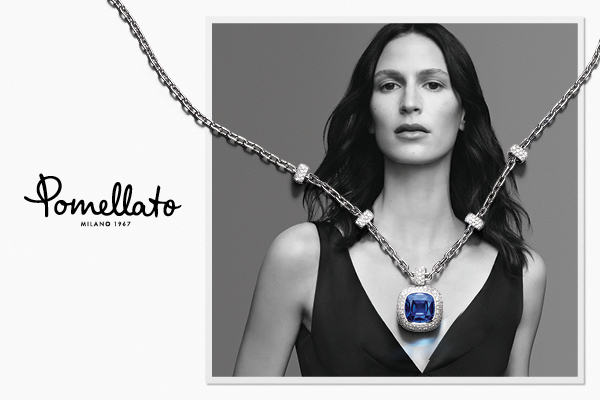
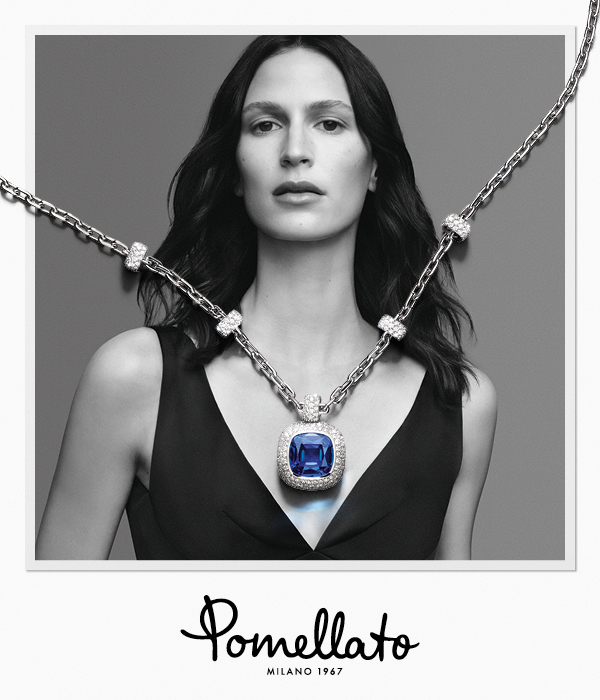
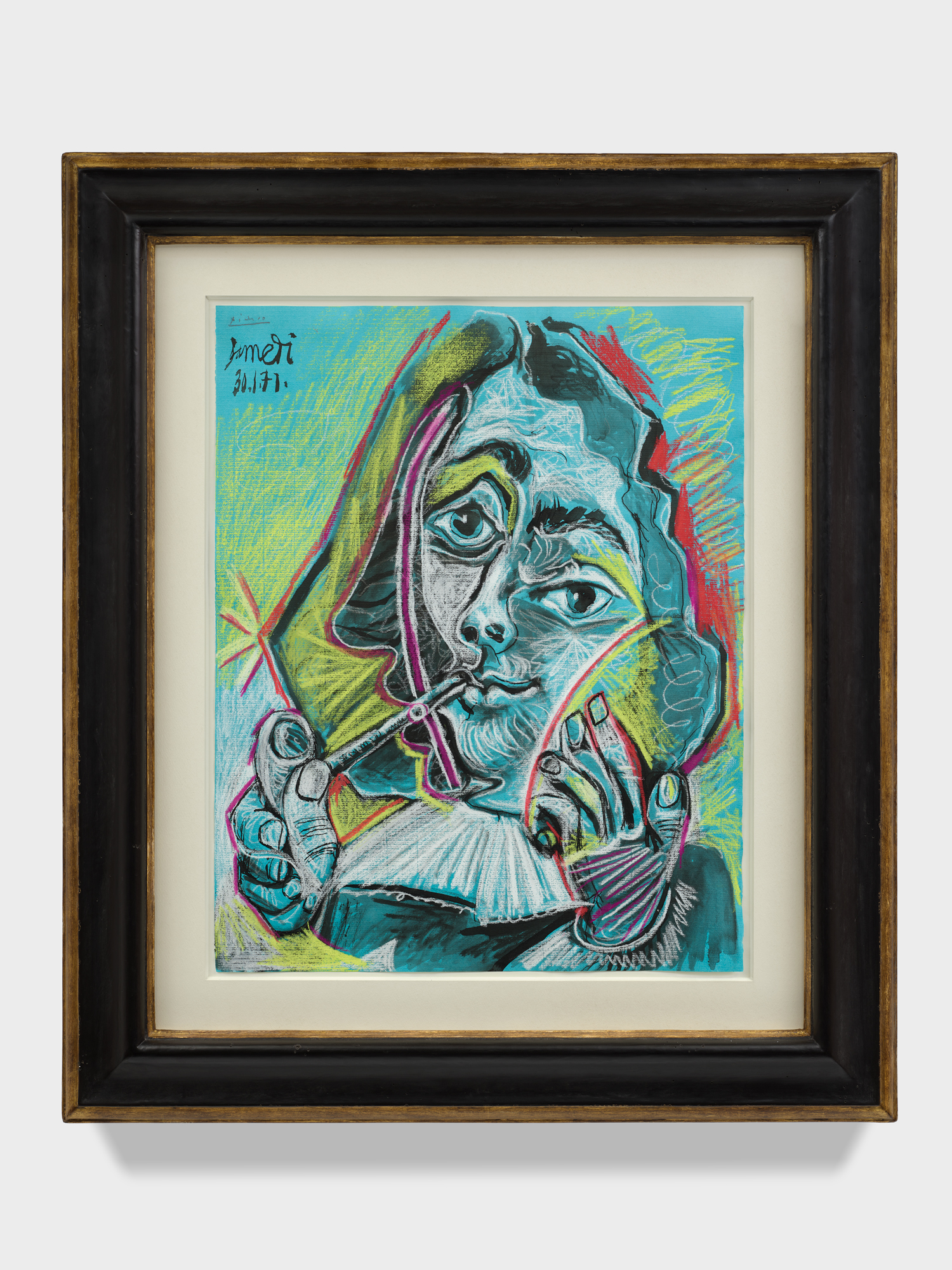
_01JSFDDJGWPEVVP11BQPW83NTK.jpg)
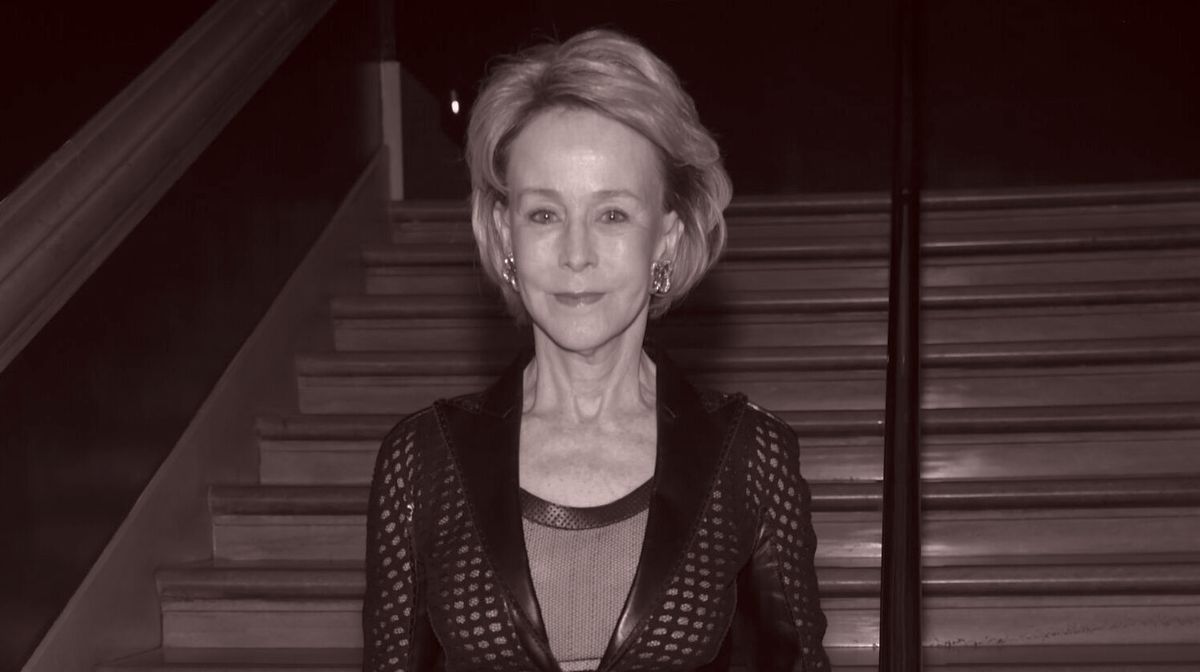
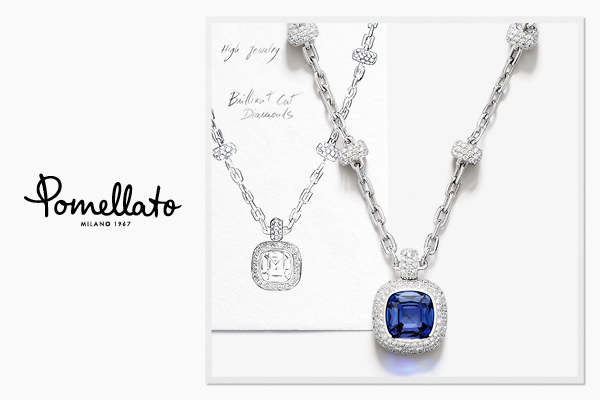
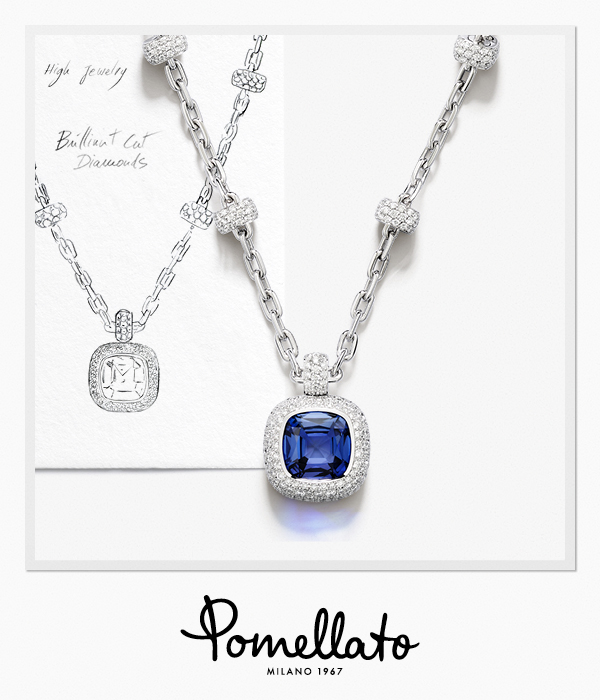
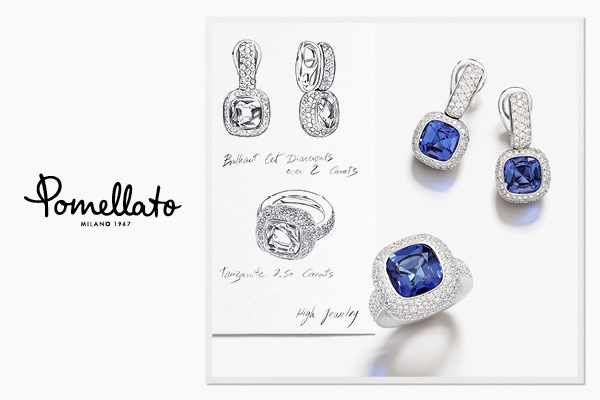
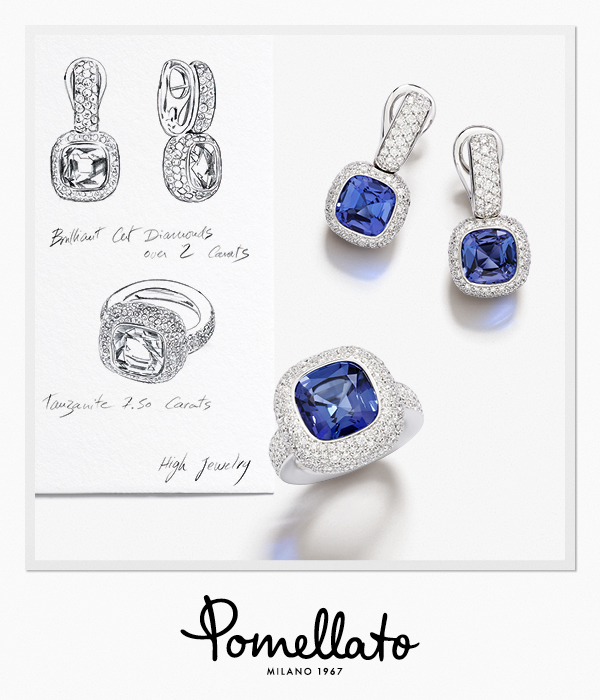
%20Orange%20Plum%20Black%20and%20Frank%20Stella%E2%80%99s%20Itata%20in%20the%20Piano%20Room%20of%20the%20Bass%20House.%20_01JSFDDM9R7H6NAY98V8M7QY23.jpg)





